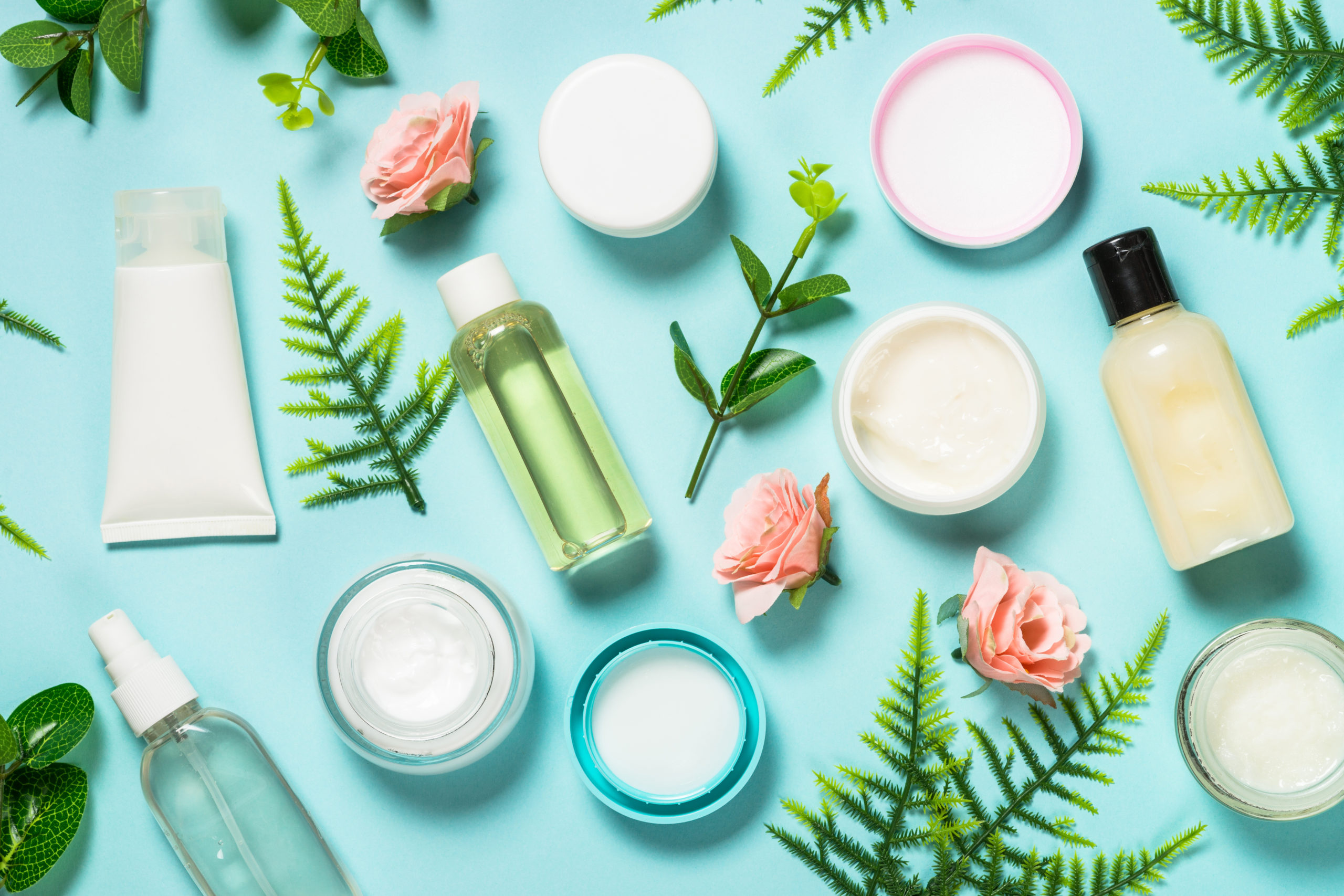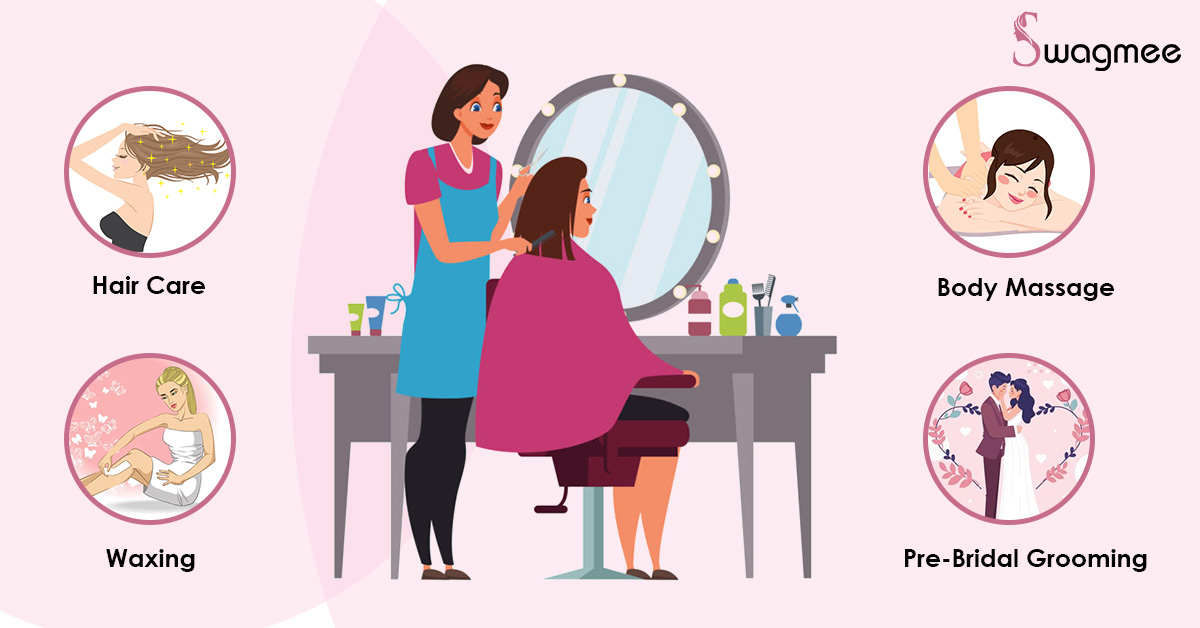UNIT 5- PERSONAL CARE AND APPEARANCE
- I wash my face
- I apply cream to reduce some spots on my face and massage
- I apply contour to neutralize my dark circles
- I hydrate my skin with a little serum
- I apply a little foundation to my face, a little concealer, a little compact powder
- I apply blush, a little lipstick
GRAMMAR 1
QUANTIFIERS FOR INDEFINITE QUANTITIES AND AMOUNTS
- some
- any
- a lot of
- many
- much
Some and any can be used with both plural count nouns and non-count nouns.
Some is used in affirmative statements.
For example:
- I have some books.
- She drinks some milk.
- We need some help.
Any is used in negative statements and questions.
For example:
- I don't have any books.
- Does she drink any milk?
- We don't need any help.
A lot of and many are used with plural count nouns.
A lot of is used to describe a large quantity of something.
For example:
- I have a lot of books.
- She drinks a lot of milk.
- We need a lot of help.
Many is also used to describe a large quantity of something, but it is more formal than a lot of.
For example:
- I have many books.
- She drinks much milk.
- We need much help.
Much is used with non-count nouns.
For example:
- I don't have much money.
- She doesn't eat much ice cream.
- We don't need much time.
Here are some examples of how to use these quantifiers in sentences:
- Some: I have some books, but I don't have any magazines.
- Any: Do you have any questions?
- A lot of: I have a lot of friends and family.
- Many: I have many books to read.
- Much: I don't have much time.
EXERCISE
- Many
- Any
- A lot
- A little
- Some
- Few
- Many
- Some
GRAMMAR 2
INDEFINITIVE PRONOUNS: SOMEONE/ NO ONE/ ANYONE
Someone, no one, anyone are all indefinite pronouns, used to refer to people without specifying their identity. However, they have different meanings and uses:
Someone:
- Refers to an unspecified person who exists.
- Used in positive and affirmative sentences.
- Examples:
- Someone left their book on the table.
- I'm looking for someone to help me with this project.
- I'm sure someone will come to your rescue.
No one:
- Refers to the absence of any person.
- Used in negative sentences or questions seeking confirmation of absence.
- Examples:
- No one answered the door.
- Did no one see what happened?
- There is no one to blame for this situation.
Anyone:
- Refers to any person at all, including those unknown or unidentified.
- Used in questions and affirmative sentences with a general meaning.
- Examples:
- Anyone can join the club.
- Did anyone see the keys?
- I'm happy to help anyone who needs it.
Pronoun
Meaning
Sentence Type
Examples
Someone
An unspecified person who exists
Positive/affirmative
Someone left their book on the table.
No one
The absence of any person
Negative/question
No one answered the door.
Anyone
Any person at all
Question/affirmative
Anyone can join the club.
EXERCISE
- Something
- any thing
- any body
- any where
- nothing
- every body
- Has everyone
- some where




Comentarios
Publicar un comentario